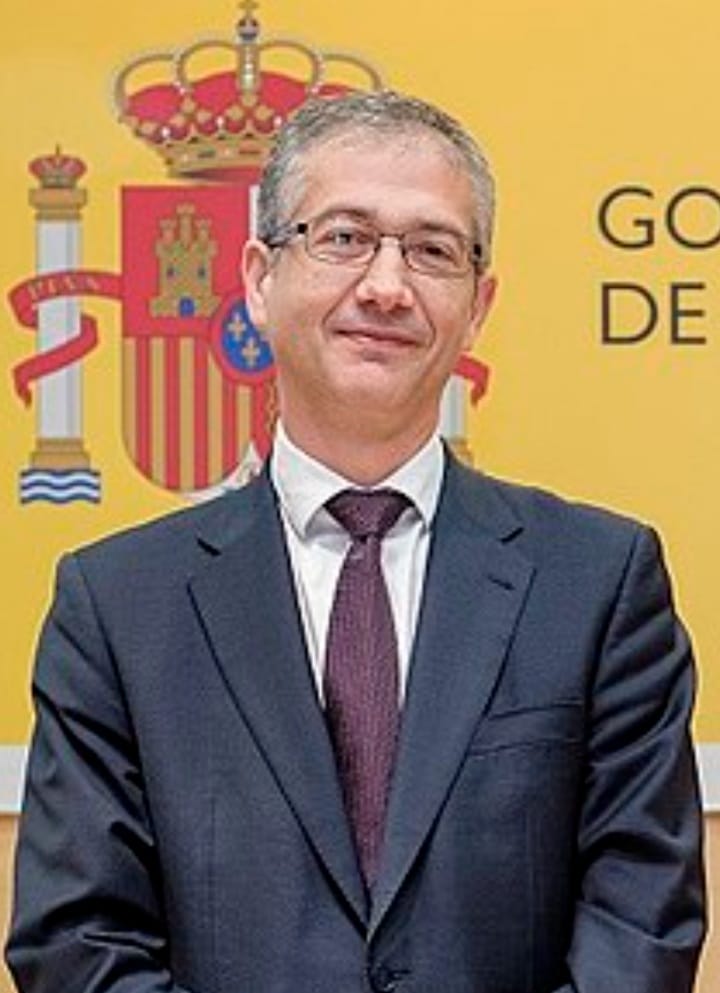- Quote: ‘Spain’s youth unemployment still stands at 27%’
SPAIN has been the beneficiary of €70 billion from the EU’s Recovery and Resilience Facility (RRF), with €30 billion now released, making Spain the second biggest receiver of the funds, behind Italy.
The Spanish government said the finance has been a ‘defining moment for the economy.’
Manuel de la Rocha, head of economic affairs in the Prime Minister’s office said: “The European funds are benefiting this country tremendously, as it moves to the modernisation of the economy.
“The two key drivers are the green transition and the digital transition.”
Spain is well on the road in shaking-off the Covid-19 pandemic with the Bank of Spain forecasting GDP will grow by more than 4% in 2022, outperforming France, Germany, Italy and the UK.
Visitor numbers to Spain are approaching pre-Covid figures, reflecting a broader recovery in Spain’s economy.
A record 83 million tourists visited Spain in 2019, slumping in 2020 to under 20 million, with 2021 figures only slightly better.
EU funds are now being distributed to tens of thousands of companies across Spain, with the government saying that along with the regulatory reforms they will help to transform the economy.
The most notable reforms are the new labour regulations that were approved in February, credited with helping bring Spain’s questionably high unemployment rate down to 12%.
The reduction is an improvement on the 16% of two years ago – but Spain still has the highest number of people unemployed in the EU.
“Since the labour reform was introduced we have seen an unprecedented drop in the rate of temporary contracts – in the past, one in 10 contracts were stable ones, now that has changed to one in four,” he added.
Spain’s youth unemployment still stands at 27%, with the country – like many others – struggling with the cost-of-living crisis.
Consumer price increases reached 11% during the summer months, before easing off slightly.
Prime Minister, Pedro Sánchez, has put a number of measures in place to help the people of Spain, in countering rising costs, including targeted energy subsidies, energy tax cuts, and across the board 20% per litre discount at petrol pumps and free rail travel for commuters.
The energy crisis many countries are experiencing, sees Spain’s relative isolation from the European grid meaning that it is less exposed. Gas is mostly imported from Algeria and the United States, and in the spring the European Union granted both Spain and Portugal a special dispensation to cap the price of gas that is used to generate electricity.
As the winter months approach, it is believed Spain is now in a much better place than most of its European neighbours – when it comes to facing economic challenges upon us.
Caption: Governor of Bank of Spain, Pablo Hernández de Cos.





